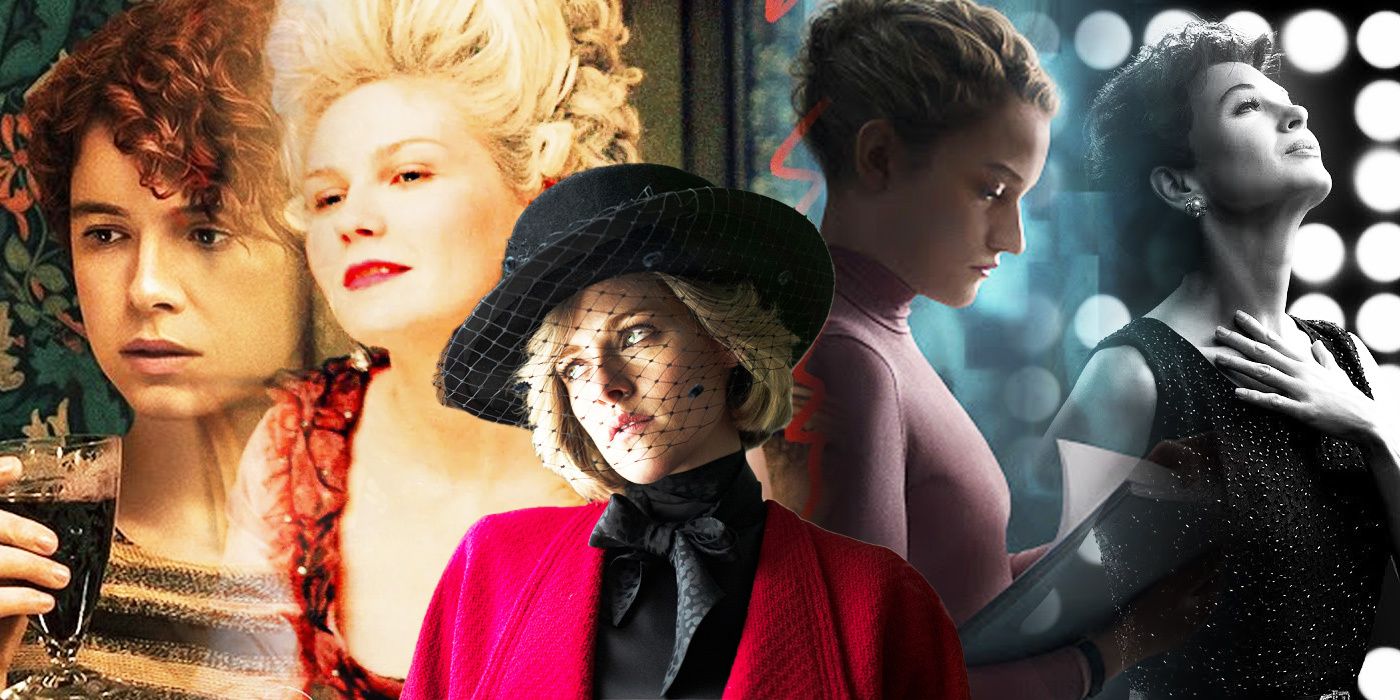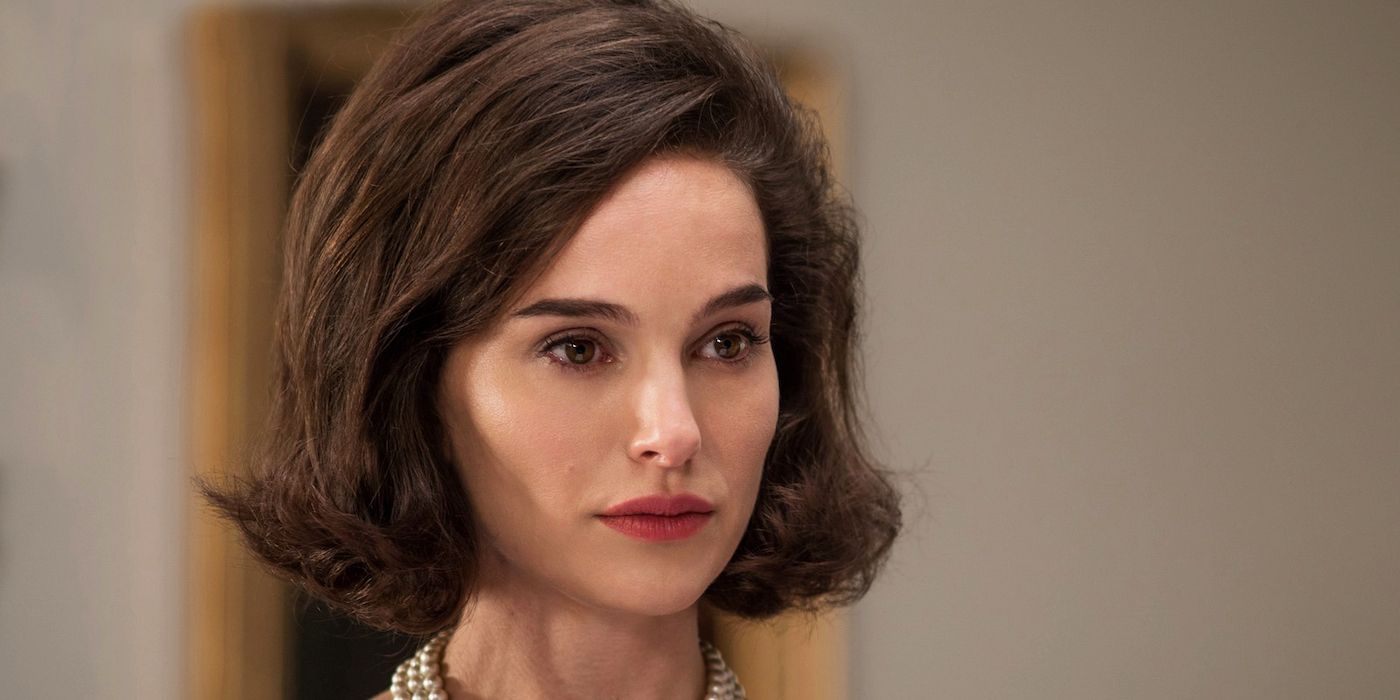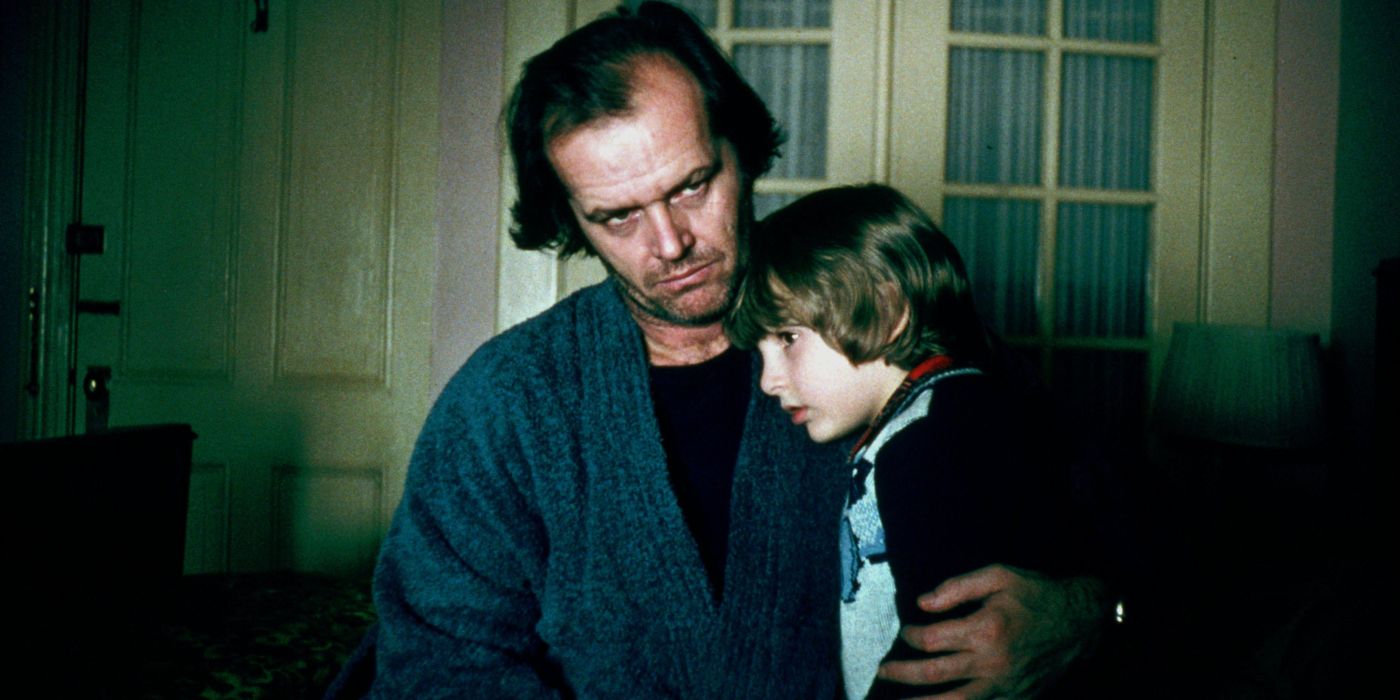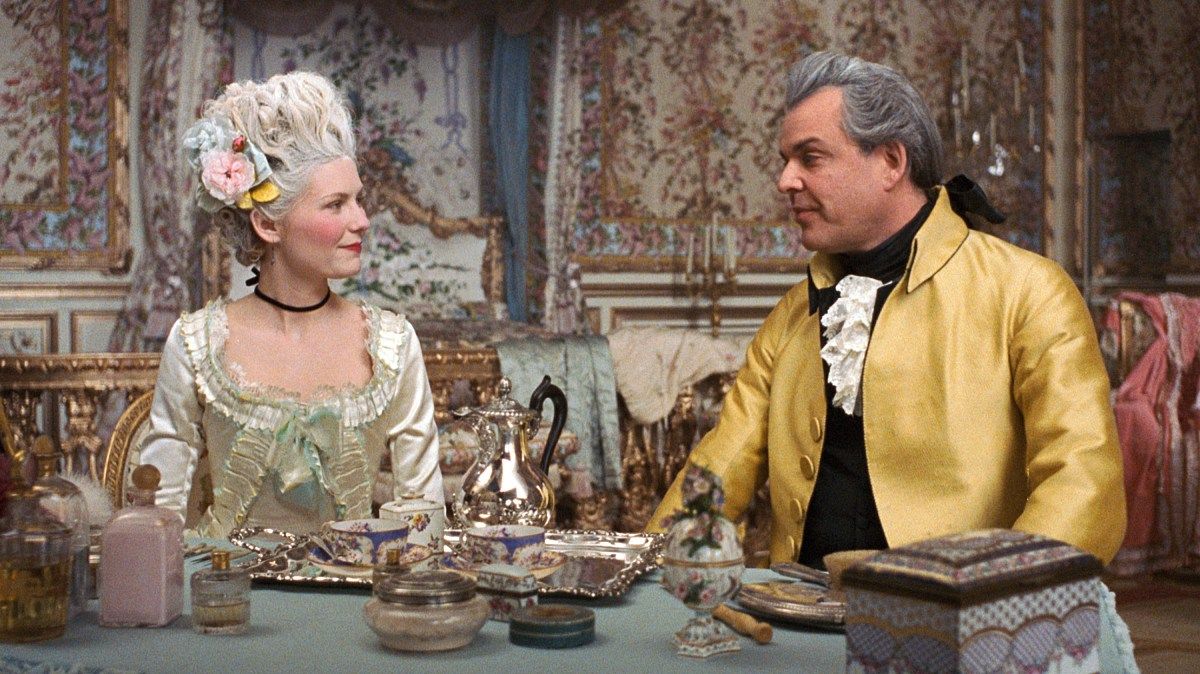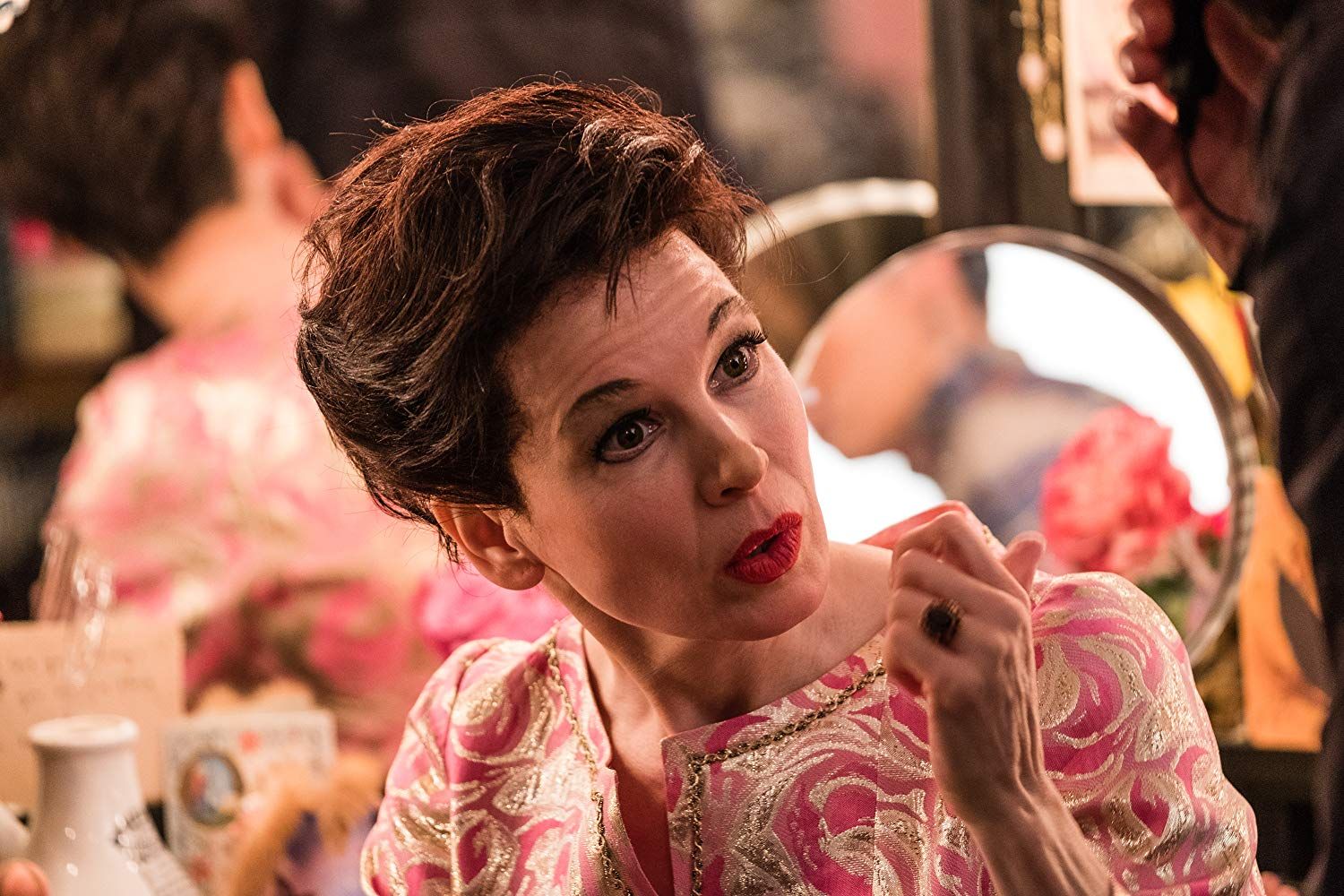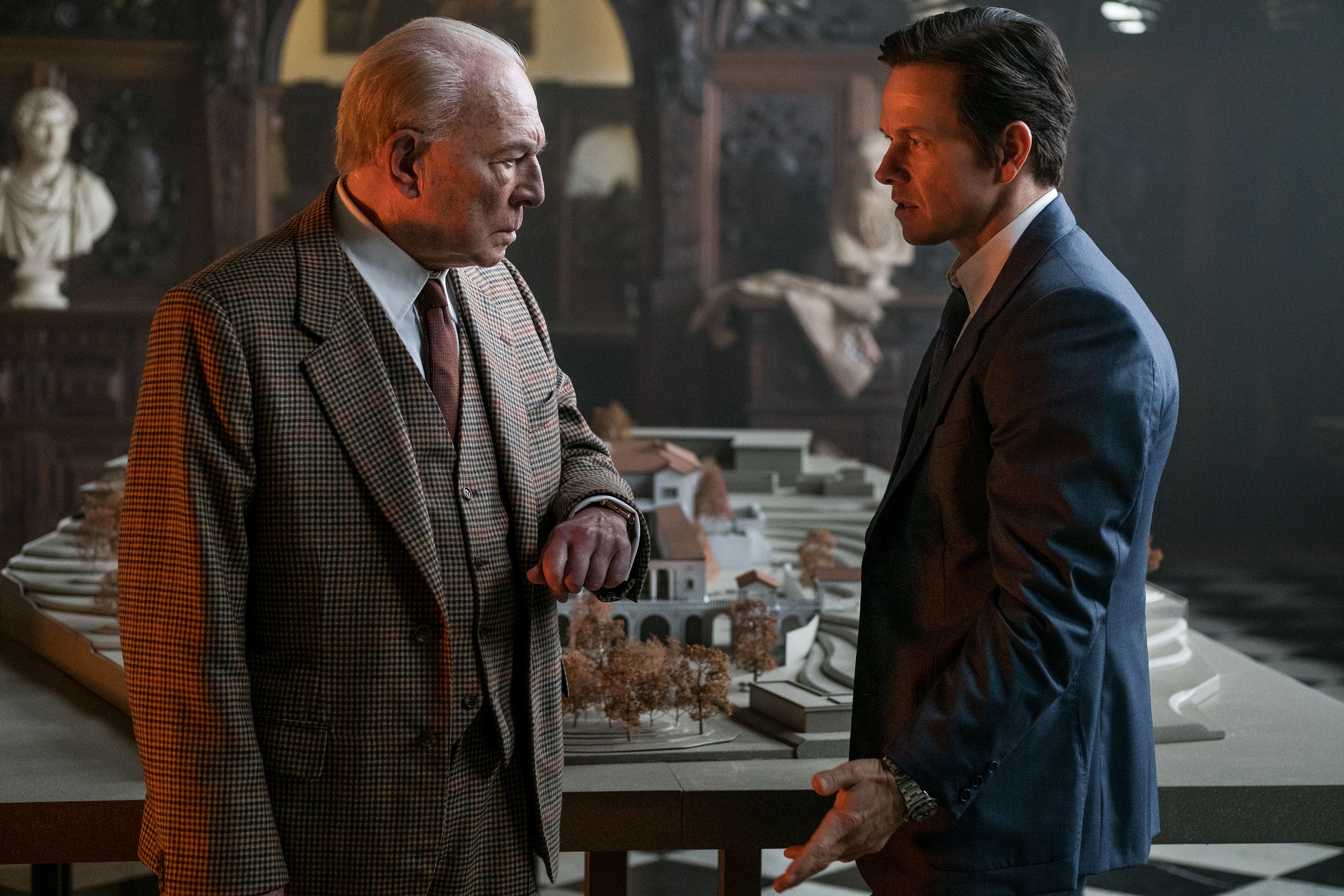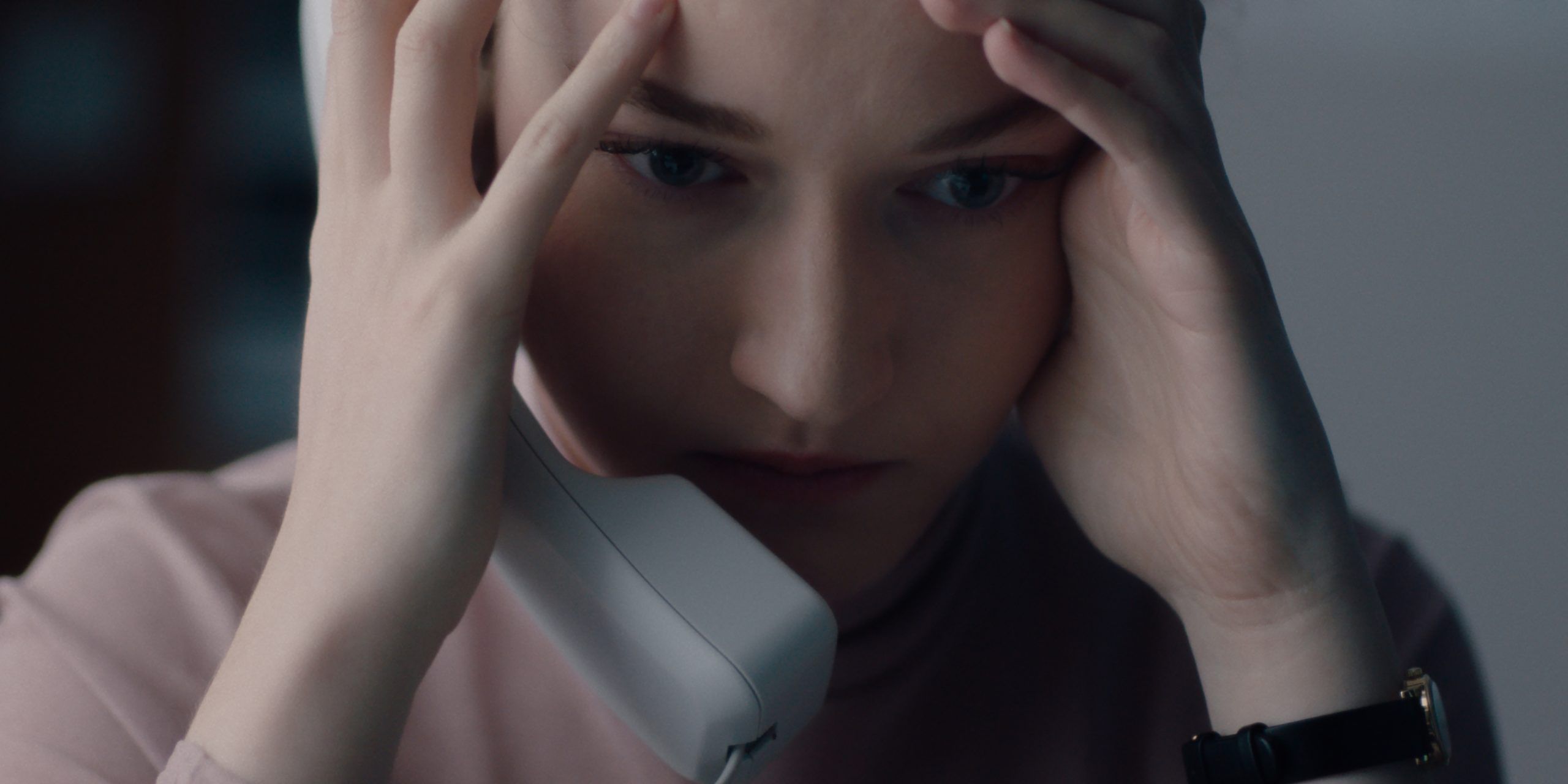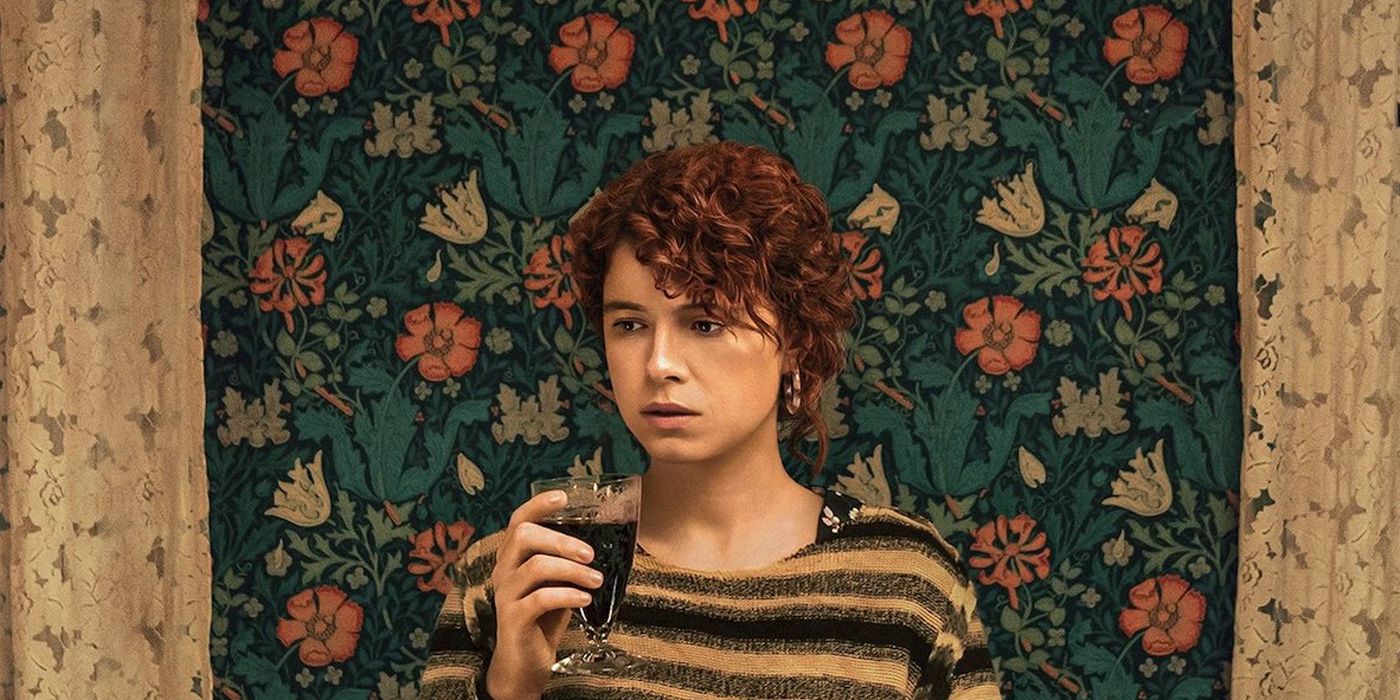Spencer has been a major topic of conversation this awards season, particularly with Kristen Stewart's incredible turn as Princess Diana. Director Pablo Larraín subverted audience expectations and turned Spencer into more of a ghost story character piece rather than a traditional biopic. Set during Christmastime in 1991, the film chronicles Diana's time at the Queen's Sandringham Estate in Norfolk. She has become disillusioned with the ways of the royal family and her mental health has taken a turn for the worse due to the constant media attention and her marriage to Prince Charles being on the brink of divorce. The costumes and extravagance of the royal setting are certainly there, but instead of being painted with glamor, the film paints it as an unnerving experience.
Spencer is unlike any other piece of media centering around the royal family. This isn't The Crown or Diana: The Musical, instead the film takes influences from other kinds of stories and films resulting in a unique experience. For those interested in movies that invoke a similar tone and themes to that of Spencer, here are 7 other films you may also like.
Jackie
Director: Pablo Larraín
Before Larraín took us inside the mind of Princess Diana, he gave audiences a look at the inner psyche of first lady Jackie Kennedy in Jackie. The film starred Natalie Portman as the recently widowed first lady, dealing with the sudden loss of her husband after he was assassinated. Instead of focusing on the conspiracy theories that dominate other JFK films, like Oliver Stone's 1991 Oscar-winning film JFK, Jackie is a film that's about grief.
The film explores Jackie's heartbreak as she has to tell her children what has happened to their father, move out of the White House, and planning a funeral that's not just for her husband, but the President of the United States. The film, much like Spencer is a tragic character piece that examines the interior life of an iconic woman in history. Portman, who was nominated for Best Actress for her performance in the film, is completely transformed in the role, perfectly capturing the voice and mannerisms of the Kennedy. Jackie is far from your traditional biopic and that's what makes it special. Even in 2016, Larraín was subverting expectations of the moviegoing public.
The Shining
Director: Stanley Kubrick
You may be thinking to yourself how a movie centering around Princess Diana would have anything in common with prolific auteur Stanley Kubrick's cherished and chilling adaptation of horror maestro Stephen King's widely celebrated novel. The answer is; more than you would think. For the few who may be unfamiliar with the 1980 classic, The Shining centers around the Torrance family including struggling writer and alcoholic Jack Torrance (Jack Nicholson), his wife Wendy Torrance (Shelley Duvall), and their son Danny Torrance (Danny Lloyd) who has the telepathic gift of 'the shining.' The family serves as winter caretakers of the remote Rocky Mountain-based Overlook Hotel, which harbors plenty of dark secrets and plenty of ghoulish mainstays. Jack is soon driven to insanity and terrorizes his wife and son, resulting in one of the most terrifying films ever made.
The Shining has plenty of deeper meanings and metaphors but at its core, it operates as a haunted house movie, much like Spencer does. It takes a beautiful location and transforms it into something so chilling and intimidating. The Shining offers plenty of ghosts, while Spencer prominently features the ghost of Anne Boleyn. Many critics have even written about the similarities between the two films though Larraín told The Los Angeles Times that it was all unintentional, explaining, “That movie is just in my bloodstream.”
Marie Antoinette
Director: Sofia Coppola
Sofia Coppola's Marie Antoinette is much like Spencer in the sense that both films are scathing portraits of royalty and power that also happen to have glowing fashion. Marie Antoinette focuses on the life of the titular and notorious French queen (Kirsten Dunst), from her time carelessly living the high life, the scandals she became entrenched in, and the ultimate fatal fallout.
Coppola's film leans more towards the satirical than Larraín's films, but both use high-fashion to exercise themes of the wealthy's ignorance to those with less. The bright color of Marie Antoinette is like candy for the eyes and gives the film a pop-punk feel compared to Spencer's alternative feel. This would make for quite the stylish double-feature with Spencer.
Judy
Director: Rupert Goold
Judy plays much more like a standard biopic compared to Spencer, but both films share a connection in the way they paint a tragic portrait of the late stages in the lives of two iconic women. Directed by Rupert Goold, the film starred Renée Zellweger as Judy Garland, a role for which she won her second Academy Award. Chronicling Garland's last year of her life, the film focused on her alcoholism, substance abuse, crippling mental health, and her disenchantment from stardom.
Much like Stewart owns the role of Diana, Zellweger is the center of Judy. It's an examination of being thrust into the spotlight especially when it becomes unwanted. Both films are illustrated as tragedies with only slight glimmers of hopefulness.
All The Money In The World
Director: Ridley Scott
Ridley Scott's All The Money In The World made more headlines for its last-minute casting change that saw Christopher Plummer take over the role of J. Paul Getty than the actual film itself. Which is unfortunate, because All The Money In The World is still a damn good movie. The film chronicles the kidnapping of Getty's grandson John Paul Getty III (Charlie Plummer) and his mother's (Michelle Williams) quest to save him while her wealthy father-in-law shows very little empathy.
Much like Spencer, All The Money In The World is a scathing look at the 1%, portraying Getty as caring more about wealth than human emotion or his family. Williams' Gail Harris is shown to be treated poorly by her wealthy in-laws and Scott tries to shine a light on her inner struggle and emotions as her son's life is at risk.
The Assistant
Director: Kitty Green
Kitty Green's The Assistant is a melancholic viewing experience. The film, which was labeled as 'the unofficial Weinstein movie' follows the daily workday for Jane (Julia Garner), the assistant of the head of a film company. Throughout the movie we realize the predatory behavior of Jane's boss and that Jane's attempts to report the misconduct have been brushed off by HR.
The Assistant is far from an easy watch, and much like Spencer, the film is an emotionally draining experience. It's the kind of film that presents a situation that we as an audience want to have a resolution but unfortunately will never be seen on-screen. The Assistant, in a way, is a much bleaker experience than Spencer, but it's also a necessary and timely watch.
I'm Thinking Of Ending Things
Director: Charlie Kaufman
Charlie Kaufman has always filled his films with surrealism and existential elements and themes and I'm Thinking Of Ending Things is Kaufman at his most experimental. The film centers around a young couple (Jesse Plemons, Jessie Buckley) who take a trip to visit the boyfriend's parents (Toni Collette, David Thewlis). Of course, not everything is at seems as Kaufman constantly toys with the film's continuity, pacing, and character work result in a surreal experience.
Similar to Spencer, I'm Thinking Of Ending Things takes a premise that most would deem simplistic on paper and then adds multiple layers and gives the audience a cinematic experience that will surely not leave their mind for some time. The film contains inner themes of mental health, suicide, and loneliness and conveys them in the unique way that only Kaufman can.

